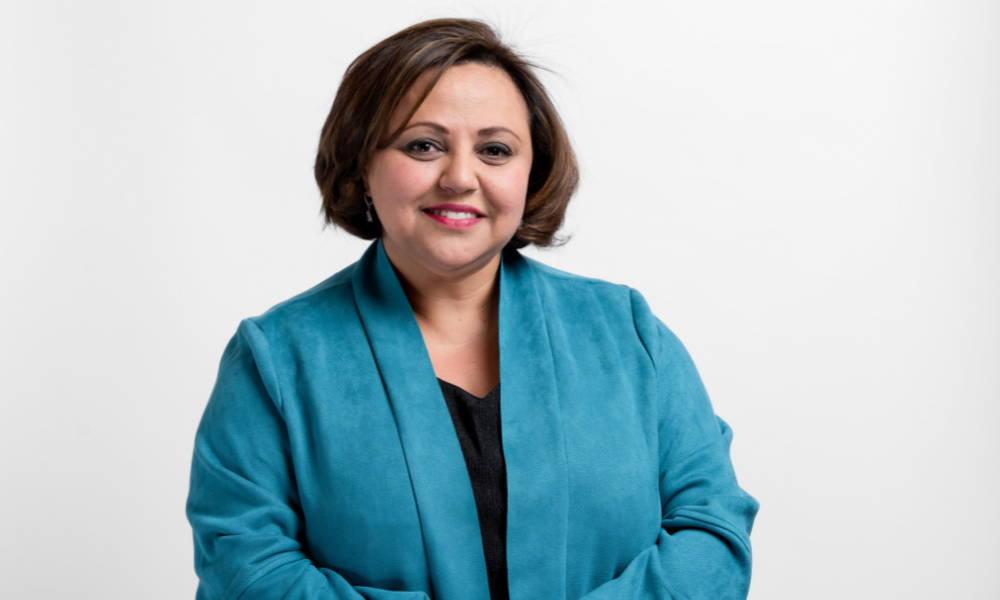
Nada George of Mastercard to speak at upcoming HRD Wellbeing Summit Australia

One aspect of employee management that has grown significantly in the past three years is all aspects of wellbeing.
Whether it be flexible working with regards to location and hours, extra days off, time for extra-curricular activities or just fun activities in the office, wellbeing is a priority.
“In Australia, there is an inequitable access to professional support which means there are additional barriers for people to overcome who need assistance,” Nada George, Mastercard vice president, people business partner, said.
“We offer many personal wellbeing resources that support our employees physical, mental, and emotional wellbeing to help close this gap.”
The company provides an Employee and Family Resource Program (EFRP) which gives employees and their families access to confidential, short-term counselling services and additional work-life resources.
“The EFRP allows access to up to six counselling sessions, at no cost, as well as access to additional services such as financial coaching and legal support. If more sessions are required, the individual has the option to receive a mental health care plan,” said George, who will be speaking at the upcoming HRD Wellbeing Summit Australia.
Employee wellbeing can start from simply asking a colleague “How are you?” There are many factors that us complex humans deal with every day and many are buried below the surface so it is not easy to be on top of everything.
“We observe and pivot our approach to employee wellbeing based on an open, constant dialogue with employees,” George said. “We conduct multiple employee engagement surveys each year, which give us insight into our employee’s experience and help us curate our wellbeing strategy moving forward.”
The company also uses apps such as Thrive and Virgin Pulse, which is a mental resilience and wellbeing app that helps employees work through ways to improve their mental wellbeing.
“A significant piece of wellbeing is flexibility,” she said. “We continue to listen to our teams and provide tools, technology and support for productive hybrid working and listen to feedback and pivot where necessary.”
Having a wellbeing plan in place is a great advantage for an organisation. It makes employees feel safe and if the culture is one of openness, employees will feel comfortable addressing issues they might usually retreat from.
“We feel it is our responsibility to be proactive with our wellbeing strategy as we continue to plan for the future,” George said.
One of the biggest shifts with the onset of the pandemic is the move towards a hybrid work structure, “which is here to stay,” she said.
“With this shift, we are focusing on creating an approach to work that is tailored to supporting the needs of our people both in-person and online.”
Remote work has “blurred the previous distinction between professional and personal, leading to feelings of burnout and fatigue,” George said. “We’ve introduced a series of benefits that help employees find the breaks and the opportunities to reset where needed.”
These include offering employees’ “summer” or “winter” Friday afternoons to rest and recharge, along with meeting-free days to combat Zoom fatigue and a four-week “Work from Elsewhere” program to work away from the office wherever people like.
“We’ve also altered our approach to support the wellbeing of our people wherever they choose to work from, and this means training our managers on how to identify cues that someone may need support virtually or in person.”
Mastercard will be part of the panel at the upcoming HRD Wellbeing Summit Australia called “Successfully integrating wellbeing into your company.”
This session will look at some of the common obstacles and identify techniques for fully integrating wellbeing into your workplace.